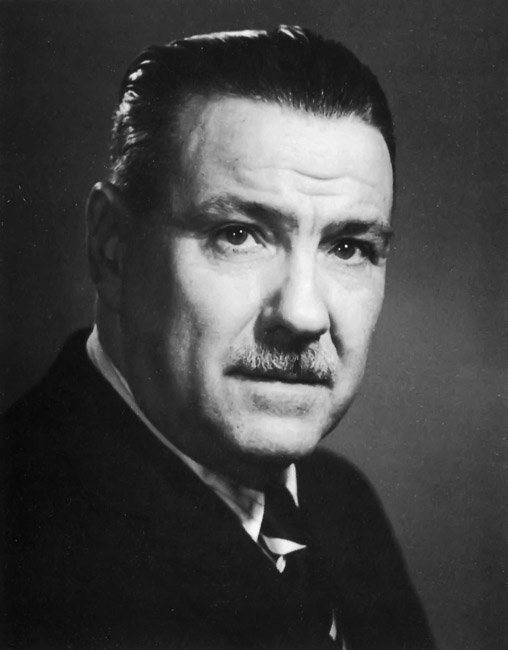
Deficiencies and Propensities
Celia Rocha shares her view of Logosophy as both a science and a culture: a science because it enables one to become an investigator of
“To make future generations happier than ours will be the greatest prize one can aspire to. There is no value comparable to the accomplishment of this great mission which consists in preparing, for the future of mankind, a better world.”
Carlos Bernardo González Pecotche, the creator of Logosophy

Logosophy is the scientific and methodological specialty that deals with self-knowledge and self-improvement through the process of conscious evolution. It was created by the humanist Carlos Bernardo González Pecotche.


Celia Rocha shares her view of Logosophy as both a science and a culture: a science because it enables one to become an investigator of

In this month’s article, student Nina Iria Niemeyer reflects on the tale The Ruby by González Pecotche in the book Logosophical Interlude. The Ruby By

The dawn of a new year often brings hope and a desire for positive change. We reflect on the past year’s experiences, both triumphs and

Mauricio Levi presents in this video a new way of dealing with a child’s education.

Goiás countryside, beautiful landscapes of untouched savannah, parks, nature reserves, trails, waterfalls and the company of a great friend. These were the elements present on

Nelson Belen presents the Logosophical concept of thoughts, which is central to the accomplishment of the process of conscious evolution.
“For the good researcher who seeks not only the knowledge, but, at the same time, also the way in which to carry out his self-improvement, every new insight is a new supply of resources, which will lead him to the improvement of his own individual aptitudes.“
Excerpt from the book Logosophy Science and Method, page 96
“[Starting out from the proposed exercise,]…the logosophical method will guide the student to a more thorough knowledge of his mind, considered in the entirety of its complex operation. This is the principle of self-knowledge. But it will be necessary to pursue another supremely important aspect of this investigation: the knowledge of the psychological deficiencies which obstruct or hinder with their presence the process of conscious evolution.“
Excerpt from the book Logosophy Science and Method, page 106
“A conscious life requires a daily, uninterrupted practice, as recommended by the logosophical precepts. Its main rule – as already mentioned – is the attention we need to bestow on an effective behavior that will enable a conscious attitude that will not cease at any time.“
Excerpt from the book Initiation Course Into Logosophy, paragraph 54, page 34
“The knowledge of one’s spirit demands above all seriousness, serene meditations, continuous and thorough analysis of its fleeting interventions and constant attention to the need to surprise it when it uses our faculties. Concrete examples of its brief
interventions are present every time we see emerging in our mind valuable thoughts whose contribution was unexpected, or when brilliant ideas that amaze our own judgment surge as a result of the act of thinking.“
Excerpt from the book The Spirit, page 14
“God placed the mind at the highest level of the human figure; with it as the managing and regulatory center of all his activities, man can elaborate his most delicate investigations by analyzing, calculating and selecting, in exhaustive and conscious studies or meditations, all that which he observes.
The person who does not observe anything, not even the simplest thing that could generate a minor mental concern, ends up nullifying his mind, which is equivalent to sealing the doors of his intelligence to any aspiration proper to his race.“
Excerpt from the book An Introduction to Logosophical Cognition, page 17
“Logosophy has maintained, and still does, that all processes of social betterment will inevitably fail if the problem of the individual is not envisioned first, that is, if the individual’s formation is not based on an inner discipline capable of educating him psychologically. By doing so, he may lend his service to society without being absorbed by it, and thus avoid the annihilation of his independence of judgment which is reflected in his moral and spiritual freedom“
Excerpt from the book Initiation Course Into Logosophy, paragraph 158, page 89
“The administration of time is a preponderant factor in life. Time has to be earned like the daily bread, and it is earned by living consciously. Living consciously means to maintain a permanent attention to everything that is done. To dominate time, ensuring that it is fertile or productive is to have conquered one of the keys to evolution.“
Excerpt from the book Logosophical Exegesis, page 102
“The student of Logosophy starts by organizing his life, putting as a first step order in his mind. There can be no order where discipline is not present. Hence the need for a rigorous selection of the thoughts that frequent the mind or that the individual has become fond of.“
Excerpt from the book An Introduction to Logosophical Cognition, page 38

In this month’s article, student Nina Iria Niemeyer reflects on the tale The Ruby by González Pecotche in the book Logosophical Interlude. The Ruby By

Newsletter April 2025 Welcome to the Third Edition of the Logosophy Newsletter! We are truly delighted to have you with us, and we hope this

Newsletter March 2025 Welcome to the second edition of the Logosophy Newsletter! We’re really glad to have you with us, and we genuinely hope this

Spring is fast approaching, bringing with it the promise of renewed energy. As the sun begins to warm our days and break the cabin fever,

Newsletter February 2025 Welcome to the first number of our Logosophy Newsletter! We are glad you have been in touch, and we hope to offer,

The dawn of a new year often brings hope and a desire for positive change. We reflect on the past year’s experiences, both triumphs and